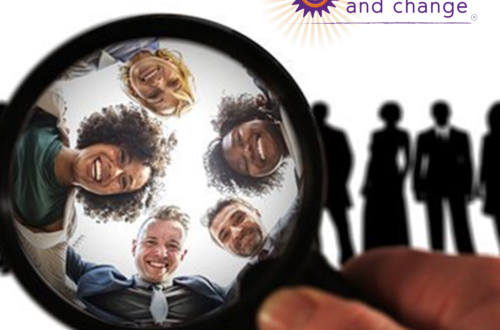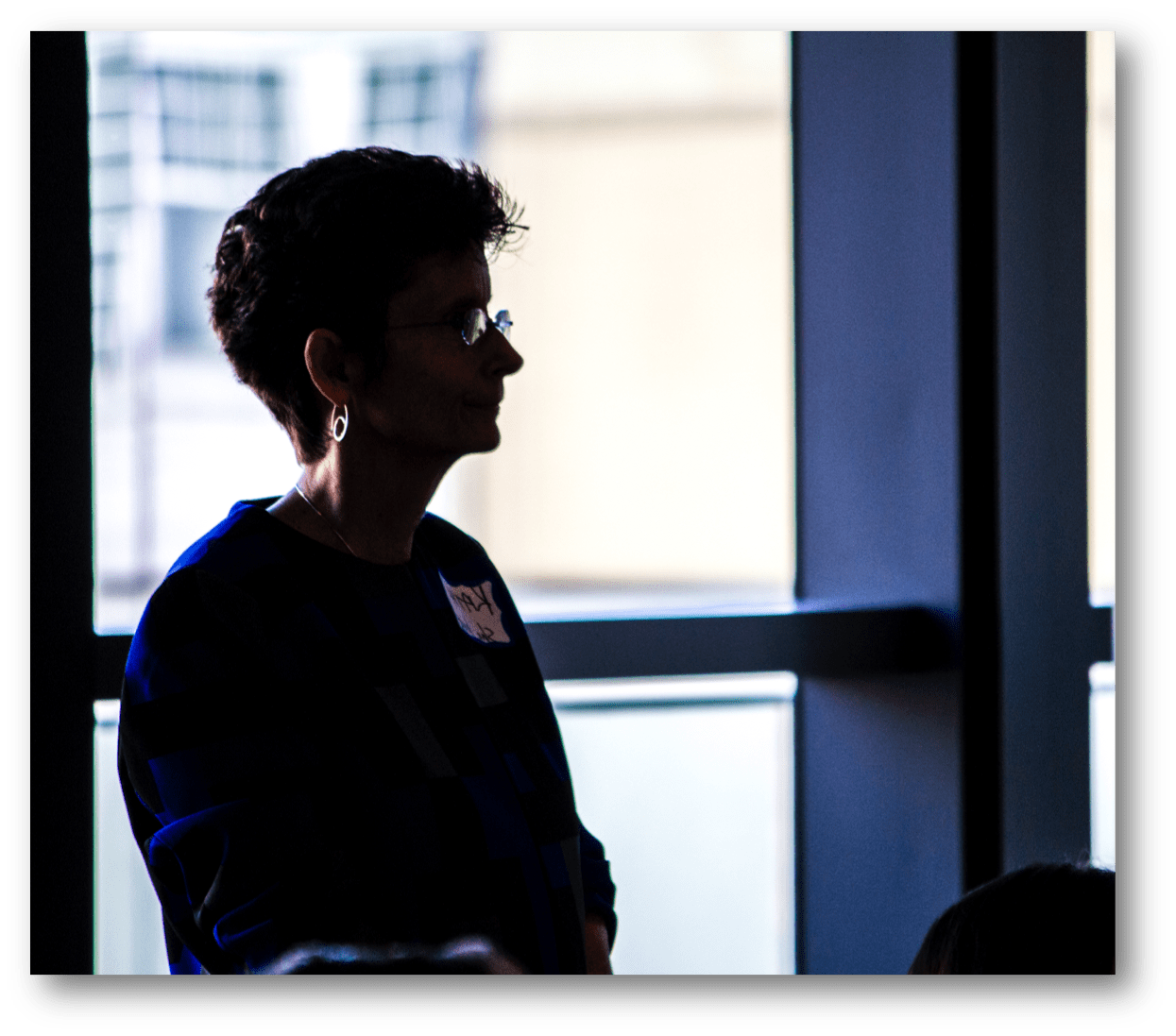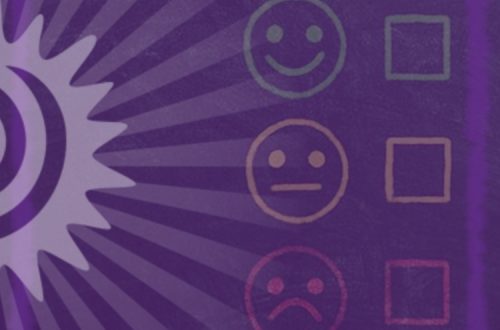How to Use White/Whiteness Accountability Spaces to Begin Healing Your Racial Biases
My First Experience in a White Accountability Space
Years ago, the first time I sat in a group of all white people, I wasted the experience. Really.
My ego got in the way, taunting me, saying I couldn’t learn anything meaningful about racism without having people of color included in the group.
In my own huff, I sat silently, hoping that no one would call me out as a racist.
Then I had an epiphany.
White people, including me, need this authentic space with only other whites so that they can freely share about our white fragility, our defensiveness, fears, and shame as well as our resistance to recognizing the pervasiveness of our white privilege. We have to come together with the common goal to realize, share about, and ultimately, interrupt racism in ourselves and our organizations.
These white accountability spaces can become sacred healing spaces.
Whites who truly desire to end racial biases and work to achieve racial justice must start with themselves. No one can do that work for us. By engaging openly with other whites who grew up with the same white privilege, we can share our feelings, face our fears, and give emotional support.
“If we could change ourselves, the tendencies in the world would also change. As a man changes his own nature, so does the attitude of the world change towards him… We need not wait to see what others do.”
–Mahatma Gandhi
Learn to Climb Your Ladder of Fear
Sharing and relating to feelings is vital to begin healing.
To start white accountability group gatherings, I often ask participants to write down their feelings, make them into a paper ball, and toss it to the center of the circle where they are strewn together. Then the papers are re-distributed and read aloud. And most importantly, feelings shared.
The impact of this process has always been powerful.
People realize they share the same feelings, the same fears. I ask them to boldly face the ‘Ladder of Fear.”
When someone is afraid to face their emotions/fears, I ask, “What are you afraid could happen?” After their answer, I ask, “And if that were to occur, what else are you afraid of?”
Eventually, most people hit a very deep fear and the group can physically feel the shift of energy when they do.
And what is a common fear?
Concern about losing relationships with friends and family or with colleagues of color and other whites in our lives. Additionally, folks begin realizing how incompetent we are, that perhaps we got jobs and promotions more out of white privilege than our own capabilities.
These are very painful realizations, incredibly vulnerable places for most white people. By sharing and encouraging other whites to join in as well, folks begin to feel less alone – and realize how alike we really all are.
“If you take racism away from certain people ― I mean vitriolic racists as well as the sort of social racist ― if you take that away, they might have to face something really terrible: misery, self-misery, and deep pain about who they are. It’s just easier to say, ‘That one over there is the cause of all my problems.’”
–Toni Morrison
Admit, Be Accountable, Acknowledge Progress
What is the magic of White Accountability Spaces?
It’s the relief most white people feel as they relate their racist attitudes honestly in a group that holds them in love and compassion. Healing begins as they focus on new ways of thinking and responding.
As time passes in white accountability spaces, I watch white people engage each other more openly and challenge each other more effectively. They practice confronting racist attitudes and actions – without attacking each other’s humanity. As a result, new insights are gained, courage is fortified, and strategies to respond more effectively to racist microaggressions are formulated.
After these deep, engaging sessions, many white people experience a true community of white allies, unlike anything they may have ever known before. They can now envision what is possible and see new ways to be effective white change agents.
And I remind them that anything they accomplished and experienced in our white accountability group, they can bring back to their organizations and their lives.
“No one is born hating another person because of the color of his skin, or his background or his religion. People learn to hate, and if they can learn to hate, they can be taught to love, for love comes more naturally to the human heart than its opposite.”
–Nelson Mandela





One Comment
Anita Crawley
Would love to join the white accountability group that you just mentioned on the